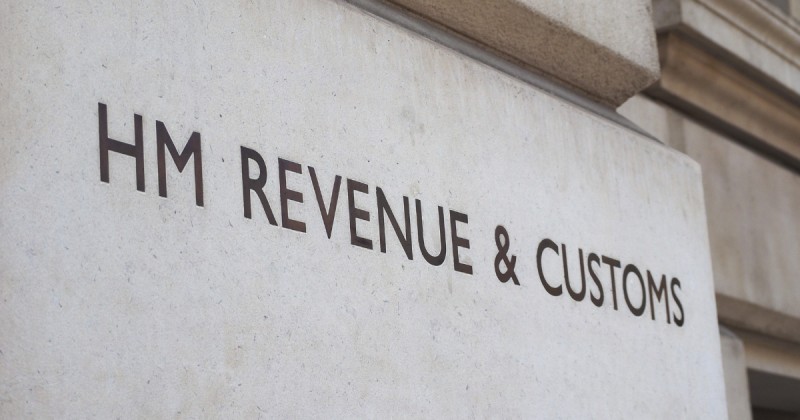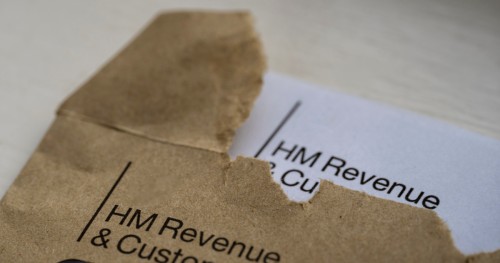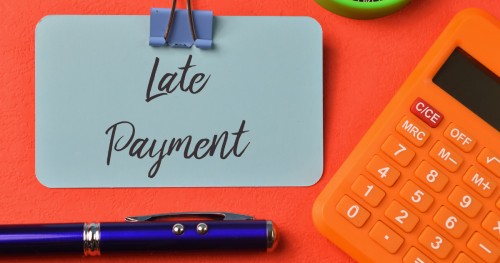How to file with HMRC a self-assessment tax return in 2024

Whether you have gone through the process of filing with HMRC a self-assessment tax return before, or are new to it in 2024, here are 10 things to bear in mind for the new tax year 2024/25, commencing on April 6th 2024, writes Richard Grant, an account manager at contractor accountancy firm Chart Accountancy.
1. Who needs to file a self-assessment tax return?
Anyone who has received a notice to file from HMRC (even if your income is minimal or entirely through PAYE), needs to file a self-assessment tax return. Typically, self-assessment taxpayers fall into five categories:
1. Self-employed professionals
2. Sole traders
3. Company directors
4. People with income from multiple sources
5. People earning over £150,000 via PAYE (this threshold has increased from £100,000 in 2022-23).
This fifth demographic represents an important change. People who stop filing because the threshold has increased may well be missing out on tax relief at the higher rate on their pension contributions.
2. Good record keeping
Collecting all relevant documents beforehand will simplify the process of filing your self-assessment tax return with HMRC.
So before you sit down, ensure you have details of all income sources, such as employment with P60s, self-employment, investments and rental income.
Don’t forget overseas income and any details of tax deducted at source. You don’t want to end up paying tax twice!
3. Register for Self-Assessment
Check to see if you need to file a tax return, bearing in mind the above list (in section one) is only indicative, so check on HMRC’s website and if still in doubt, talk to an accountant.
If you haven't already registered for self-assessment, you need to do so online through the official HM Revenue & Customs (HMRC) website. Or again, an accountant can help with this mandatory registration process.
4. Keep track of important deadlines
Being aware of key deadlines is crucial to avoid HMRC’s late filing penalties. The personal tax year in the UK runs from April 6th to April 5th of the following year.
The deadline for filing online self-assessment returns and paying any tax owed is January 31st -- after the end of the tax year. Penalties can be incurred for late filing, so it's essential to plan accordingly and not leave things to the last, including giving your accountant a realistic window to look over your affairs or assist you.
5. Complete the tax return
The self-assessment tax return consists of various sections, including personal details, income, and expenses. Ensure all sections are completed accurately, and double-check calculations to minimise the risk of errors. If you are unsure about any aspect, seek professional advice or use the HMRC helpline.
6. Declare all income
It's crucial to declare all sources of income, including self-employment earnings, rental income, dividends, and any additional income streams, including non-lump sum payments from a private trust. Failure to disclose all income can result in penalties, and even a closer look by HMRC into your affairs.
7. Claim allowances and deductions
Make sure to claim all applicable tax allowances and deductions. This includes expenses related to your business or employment, as well as any tax reliefs you may be eligible for.
As an example, consider pension contributions, and of course the dividend allowance (£1,000 for 2023-24).
Be aware, from the new financial year (2024/25), the tax-free dividend will be just £500 so, at the very least, consider topping up your savings by £43.75 to budget for the additional tax due to HMRC, which will be payable by January 31st 2026.
8. Paying taxes owed
In your first year of Self-Assessment you will have the tax bill for the year in question but also you will be expected to make payments on account for the following year as well.
The payments on account are, in effect, the same amount as your tax bill split into two installments, payable on January 31st and July 31st. The logic being that you will earn the same amount of income and HMRC doesn’t want to extend up to 18 months’ credit! This can be a shock if not explained and cause cashflow issues if not planned for.
9. Keep records
Maintain records of your self-assessment submission, payment confirmation, and all supporting documents for at least six years. This is in line with HMRC's record-keeping requirements. Keep records of correspondence with your accountant too, including evidence that you approved your return and relayed this approval to them in good time, in the event you’ve tasked your accountant to submit your return to HMRC on your behalf, before the deadline.
10. Build in a buffer
Your accountant being out-of-office or HMRC’s website buckling under the sheer weight of demand. Unforeseen events like these can potentially cause your return to be late, so at tax return season they should be factored in as bound to happen.
Prudent self-assessors, including limited company directors, don’t leave things to the 11th hour.
Final thoughts
With careful preparation and adherence to deadlines, filing with HMRC a self-assessment tax return in 2024 (and beyond for that matter), is a manageable process.
Start collecting data straight away, then aim to get it completed as early as possible to avoid any surprises.
One final tip? Completing your return before the July 31st 2024 deadline may mean you can vary the on account payment in your favour. In the hours pre-filing, for July, but especially for the imminent deadline of Wednesday January 31st 2024, check online for any potential changes that may affect you, via HMRC and reputable online sites and if you find something unsettling, speak to an accountant as a matter of urgency. Good luck!
Richard is a chartered certified accountant and senior accountant at Chart Accountancy, he also has the ATT tax qualification. After a many years working in industry he has come back to practice and is focused supporting on small businesses and contractors.




Comment
Log in or create your account to react to the article.